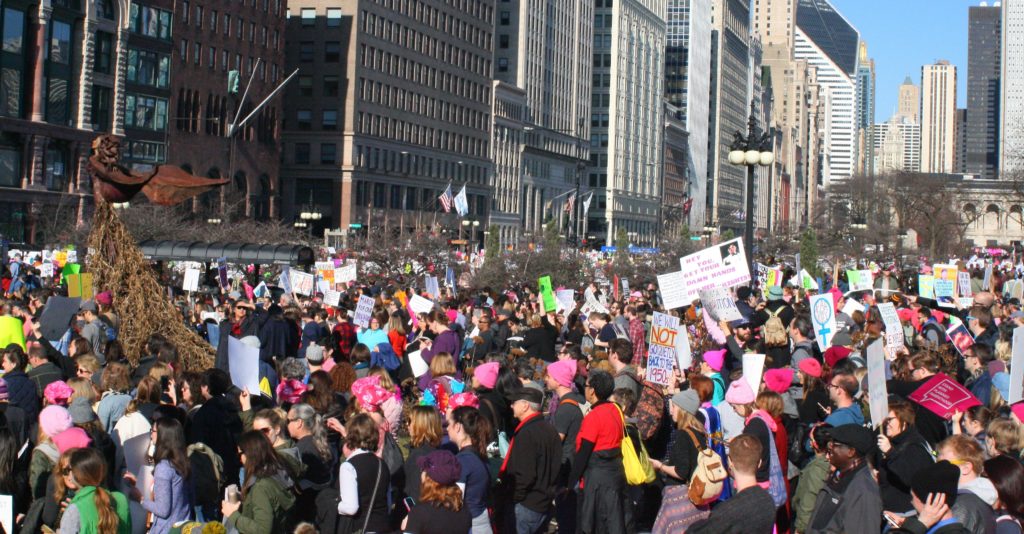
Progressive lawyering under the Trump regime will bring new challenges, and intensification of old ones. The Trump administration has already passed several oppressive policies targeting minority groups – two travel bans targeting Muslims, expansion of ICE enforcement, repeal of Title IX guidance for transgender students, promises to expand private prisons, and more. With these threats looming and becoming reality, the DePaul Journal for Social Justice and the Center for Public Interest Law hosted a panel on Thursday March 30, 2017, that discussed radical lawyers’ responsibilities in safeguarding legal rights, resisting the growing power of an authoritarian regime, and supporting grassroots movements who are protesting and fighting state violence in the streets.
The panelists were:
- Nebula Li, Community Activism Law Alliance
- Joey Mogul, People’s Law Office
- Samoane Williams, First Defense Legal Aid
- Liz Ward, Moderator, DePaul International Human Rights Law Institute
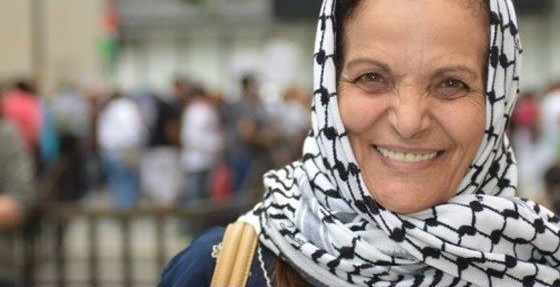
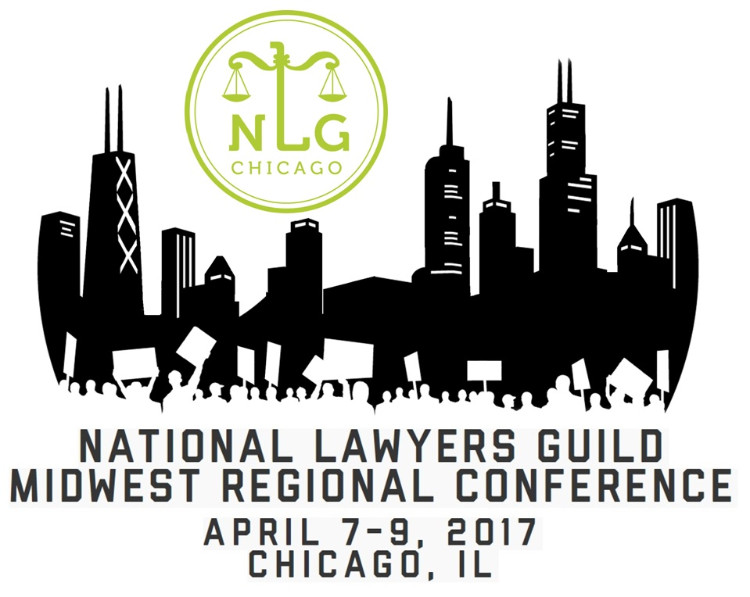
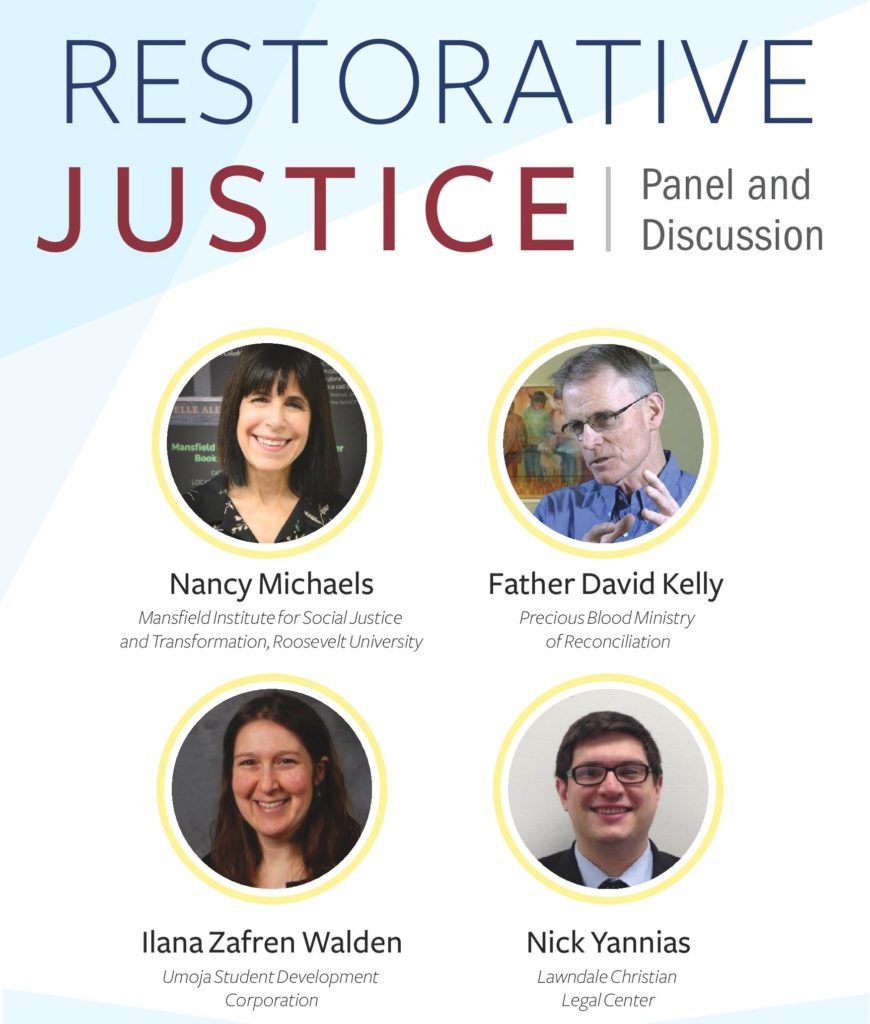

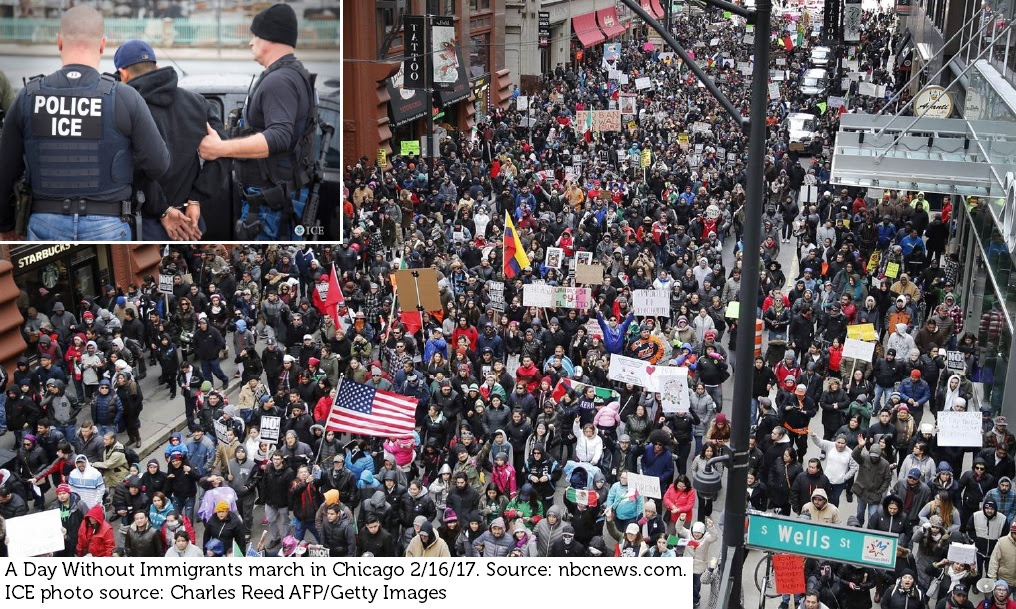
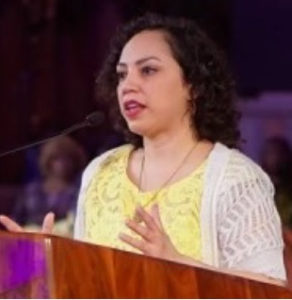 Lilian Jimenez is Policy Director for Cook County Commissioner Jesus “Chuy” Garcia. she has been a community organizer for over a decade and as an attorney she specializes in an array of public interest areas, including immigrant rights, civil rights, and juvenile justice. Ms. Jimenez spoke on federal immigration policy and Chicago’s Sanctuary City status, which was followed by a group discussion.
Lilian Jimenez is Policy Director for Cook County Commissioner Jesus “Chuy” Garcia. she has been a community organizer for over a decade and as an attorney she specializes in an array of public interest areas, including immigrant rights, civil rights, and juvenile justice. Ms. Jimenez spoke on federal immigration policy and Chicago’s Sanctuary City status, which was followed by a group discussion.
